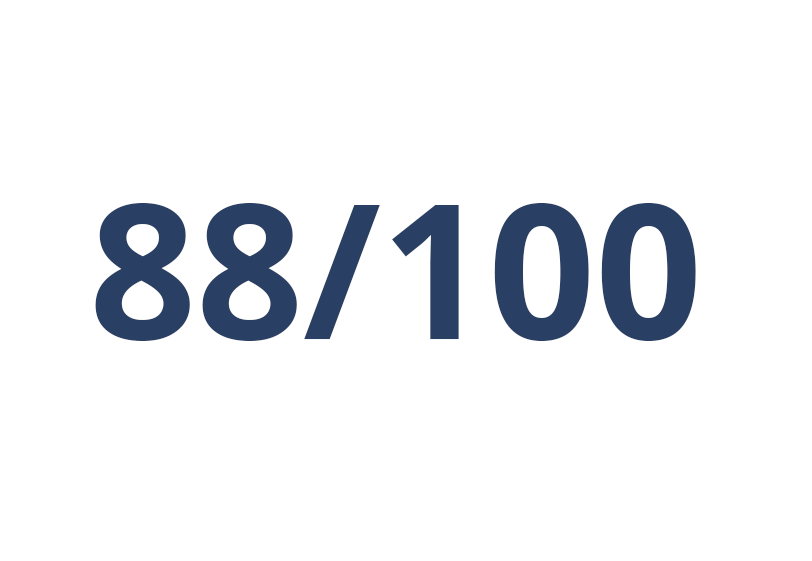The winners of the Emerging research call for projects

The Emerging Research call for projects supports research projects in the development phase, allowing project leaders to specify their issues and their methodology, and to develop their research networks. Four projects were selected for the two high-stakes themes of 2021-2022: "Ecological transition and social justice: Inventing new operating models" and "Populism and democracy".
Ecological Transition and Social Justice: Inventing New Operating Models
Presentation of the two selected winning projects:
► Project: TRANSAlp - Sustainable transition and applied research in alpine territories: comparative approaches between France, Switzerland and Italy
Gabriele Orlandi - Idemec (Aix-Marseille University, CNRS)
The profound political, economic and ecological changes that we are experiencing have placed the relations between States and their “marginal” areas at the center of the focus. Through an ethnographic exploration, the TRANSAlp project aims to compare the ways of articulating the scales of public action in three Alpine contexts (in France, Switzerland and Italy) to imagine the conditions for a transition to sustainability and justice in our societies and thus help define the role that social research, and in particular applied and involved socio-anthropology, can play in the establishment of new models of governance towards the transition.
► Project: ActNature - Acting for the ecosystem: modeling socio-cognitive levers for individual and collective actions for the conservation of biodiversity
Lucia Bosone - Laboratory of Applied Psychology and Ergonomics, Paris Descartes University & Gustave Eiffel University
Despite an increase in awareness of environmental disasters resulting from human activity, there is still a significant gap between the attitudes and behaviors of individuals towards the environment. The objective of ActNature is to identify the psychological factors, as well as the socio-demographic and cultural obstacles and levers, which lead citizens to engage themself in actions to protect biodiversity, both at the individual level (eg reduce the use of the car, reduce the use of natural resources, compost ...) and collective (eg, mobilize those around them, participate in demonstrations). To do this, an exploratory study with a sample of four different countries (France, Germany, China, United States) will be carried out to validate an explanatory model of citizens' commitment to the environment, on the basis of which it will be possible to formulate recommendations for decision-makers and organizers of communication and education campaigns concerning the transition to eco-responsible practices.
Populism and democracy
Presentation of the two selected winning projects:
► Project: Perpignan social laboratory
Emmanuel Négrier - CEPEL, Montpellier University
"Perpignan social laboratory" carries out an interdisciplinary analysis (law, history, geography, political science, sociology) of the capital of Roussillon to shed light on the victory of the National Rally (RN) in the municipal elections of 2020. First large city conquered by the national-populist party since Toulon in 1995, the Pyrénées-Orientale prefecture offers an essential symbolic stake, highlighted in 2021 by the holding of the 17th party congress on site. The ambition is to seize the 2020 election as a meeting on the electoral market between a renewed populist offer and a populist demand shaped by the transformations of the territory since the 1959 municipal election. The program is structured in three stages: publications of academic articles; book publication; dissemination of a report in partnership with the Illiberalism studies program at George Washington University.
► Project: A sociohistory of democratic representations of populism: a global and connected approach
Federico Tarragoni - Paris Diderot University - Laboratory for Social and Political Change (LCSP) and Deborah Cohen - Rouen University
In order to overcome the polarizing debate that gets bogged down between those who hold populism as a pathology that destroys representative democracies and those who see it as a virtuous strategy for the radicalization of democracy, this project proposes a return to historicity. The aim is to question, in an international research seminar, the historical experiences of populism (Russian populism between 1840 and 1880, the American People's Party at the end of the 19th century, and the national-popular regimes in Latin America between the 1930s and the 1960s), in order to put them in perspective with contemporary populist phenomena. The aim of this seminar, the reflections of which will make it possible to prepare an international colloquium, will be to analyze the democratic potential of a phenomenon involving, with its ambivalences and its constitutive contradictions, popular sovereignty as a mode of political legitimation par excellence.
A second aspect of the project explores the way in which the regimes claiming the sovereignty of the people heard, implemented or feared the effective participation of the latter and its capacity to control representation (18th-19th centuries). Seminars and an international symposium will rework the notions of representative democracy and participatory democracy as they have been expressed in political science or have been implemented in history. A traveling exhibition and a survey of its audiences will also make it possible to carry out a diagnosis of contemporary popular discourse on democratic representation.
► Emerging research call for projects

Call for applications | Vice-chair of the FMSH Executive Board

The Comptoir programme

Professional equality index 2024







